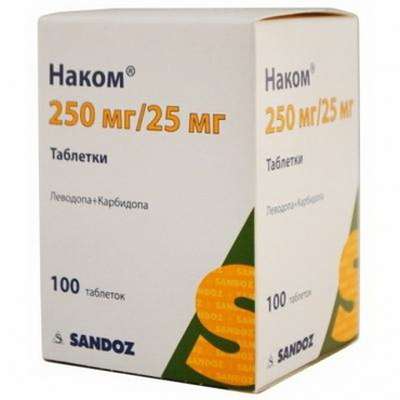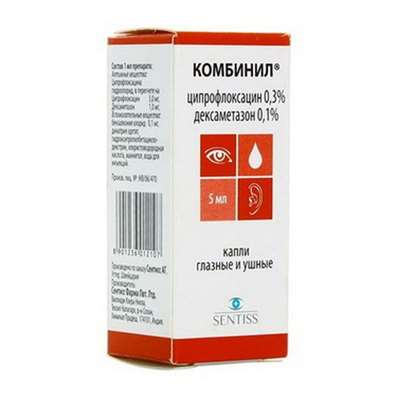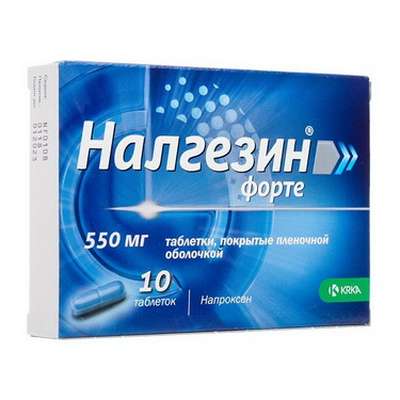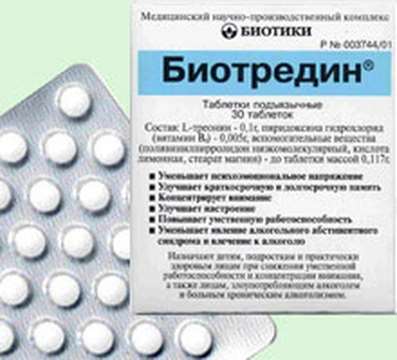Doping scandals with Russian athletes
22 Aug 2016
Over 2014 Russian sport has lost a few dozen athletes, those caught in doping.
The last case occurred this week. The International Association of Athletics Federations (IAAF) said that the Russian runner Ekaterina Kostetskaya (Actovegin injection) disqualified until January 2015 year.
However, it was under international sanctions and European champion of Race Walking in 2010 Russian Stanislav Emelyanov. Emelyanov won gold at the European Championships in Barcelona. 23-year-old athlete is accused of use / attempted use of prohibited substances or methods (EPO). The release states that the violation was committed July 26, 2010, the day before the triumphant for him to start at the European Championship.
Viktor Emelyanov’s coach was Chegin, who was at the center of a doping scandal in connection with the disqualification of world champion and Olympic champion Yelena Lashmanova walking. After news of the disqualification of the Russian Anti-Doping Agency Lashmanova RUSADA launched an investigation into the activities of the Center for Olympic Training Chegin in Saransk.
Doping test of Lashmanova Helena, taken from athletes in January 4, 2014 during-competition control in Saransk, gave a positive result for the presence of metabolites in the body athletes GW1516 (class S4.5 hormones and modulators of metabolism). Disqualification of 22-year-old Lashmanova expires before the Olympic Games in Rio de Janeiro - February 25, 2016.
Also, in the last three months for doping they caught long jumper Svetlana Biryukova (disqualification for two years), the domestic runner Alexander Gnezdilov (disqualification for four years), middle-distance runner Pauline Dontsova (temporarily excluded from participation in competitions) and weightlifter Alexander Matyushin ( suspended from the competition).
Messages about doping among Russian athletes in this year appear with enviable regularity not only in athletes. For example, July 18, a Russian biathlete Catherine Yurieva was disqualified for eight years in connection with the use of performance-enhancing drugs (recombinant erythropoietin – EPO), and all of the athletes from the 23 December 2013 revoked.
In February 2014 athlete announced his retirement on the background of the foreign media about the positive doping sample A.
Previously, Yurieva has already served a two-year suspension for doping.
July 16, 2014, two days before the disqualification Catherine Yurieva, the International Biathlon Union (IBU) announced that another Russian biathlete Irina Staryh disqualified for two years for doping. Both doping tests of Staryh showed the presence of a prohibited substance recombinant erythropoietin (EPO).
They found a forbidden substance Octopamine in the sample of the Russian cyclist Olga Zabelina, which was taken in the spring. Octopamine is a drug related to Noradrenaline, has noradrenergic and dopaminergic activity. The drug is able to mobilize fat from fat cells, also it believed that it protects muscle tissue from breaking during aerobic exercise.
General Manager of "Rusvelo" Renat Khamidulin urged not to make sudden conclusions on the situation around oktopomine detection in doping sample medalist cyclist Olga Zabelina, as there may be a situation that Zabelina would be able to prove her innocence.
In mid-May for a drug for 16 months was disqualified swimming champion of the world, Russian Julia Efimova. In January of this year, FINA suspended from competition Efimova after doping test athletes gave a positive result. In the Russian swimmer’s sample, which was taken October 31, 2013 in Los Angeles during contest season, they found a substance from the class of anabolic steroids.
At the beginning of April 2014 for violating anti-doping rule has been suspended from competition, another member of the Russian national team in swimming. Two samples of domestic swimmer Vitaly Melnikov, taken at the European Championships 2013 in Herning 12 and 13 December, gave a positive result, and the banned substance erythropoietin was found in them.
Not always in the doping charges are confirmed by real evidence. Thus, for example, dismissed in March from the competition because of doping in cycling Kirill Sveshnikov winner of the World and European Championships in July 2014 after the proceedings had been acquitted on charges of doping and admitted to training as well as performances.
It is well established that, on the way from Mexico after the World Cup in Mexico City airport Sveshnikov ate beef and that the meat was found in small amounts of Clenbuterol, which manufacturers use in livestock to accelerate the growth of livestock.

 Cart
Cart





